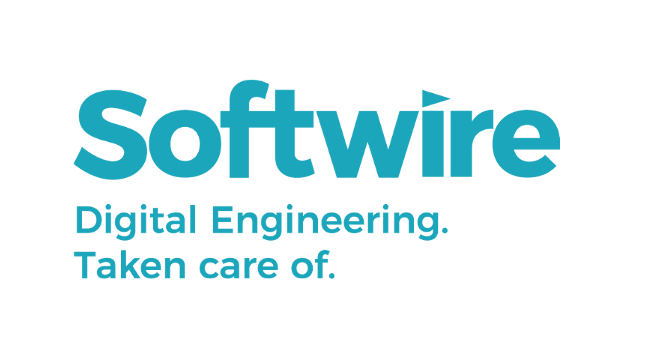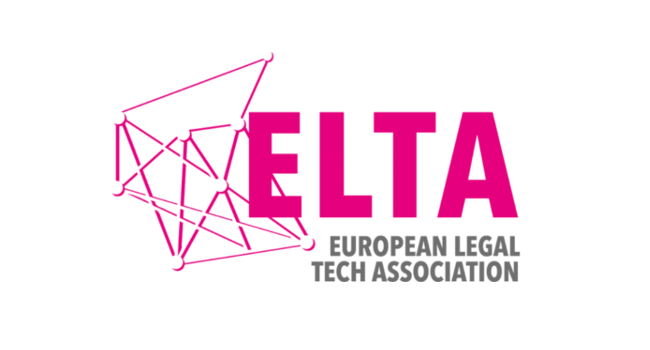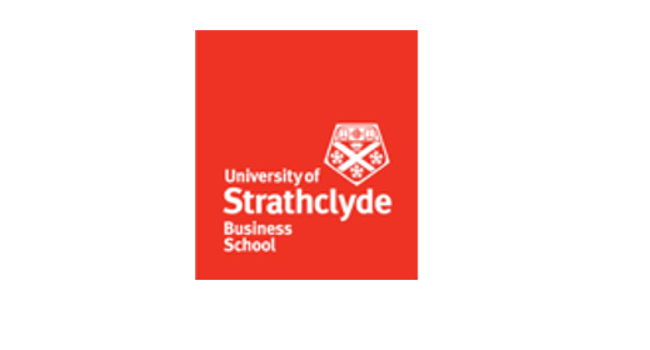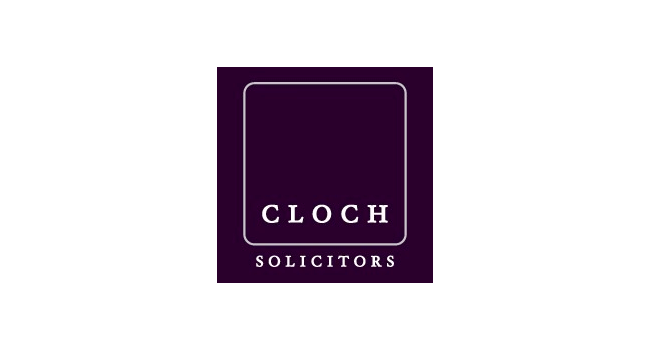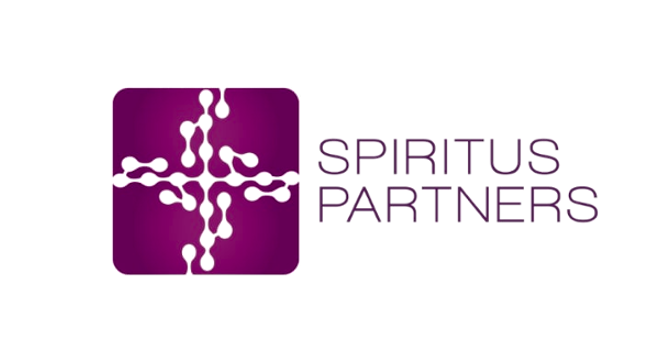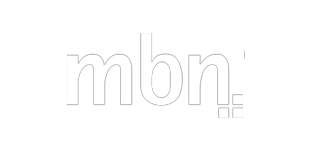Challenge Areas
Legal
Smart contracts and other blockchain enabled digital documents highlight the potential for traditional legal services to be disrupted. Smart contracts can remove the need for enforcement of contracts in court, by having the agreement automatically execute on the blockchain and transfer funds in a verifiable way.
Financial
There's more to blockchain than cryptocurrency, and with the big players in financial services still firmly reliant upon legacy technology and software, there's huge potential for innovators using blockchain to bring highly competitive offerings to the table.
Health
To realise the potential of personalised health-care and precision medicine, it's essential to have reliable, consistent and secure personal health data. This needs to be stored for long-term use, out-lasting a patient's relationship with any individual doctor, hospital or clinic, and should be portable world-wide.
Civic & Security
1 in 6 people in the world has no form of official identification, according to the World Bank, which impacts their ability to access financial services, democratic processes, travel, education, health and government benefits. Blockchain could be used to facilitate uncloneable identity documents which could be validated worldwide.
Legal Challenges
How could Blockchain/Distributed Ledger Technology be used to streamline and disintermediate the process of buying and completing the sale of valuable property (for example, a house)?
How could Blockchain/Distributed Ledger Technology be used to create a peer-to-peer insurance system, allowing premiums to be collected and paid out in the event of a need for a claim?
How could Blockchain-enabled smart contracts be used to improve the delivery of legal services to clients?
Finance Challenges
These challenges were proposed by RBS, our event sponsor.
How could Blockchain/Distributed Ledger Technology be leveraged to help groups manage their spending in a secure and trusted way?
How could Blockchain/Distributed Ledger Technology help allow businesses to build a trusted reputation (i.e. users reaching consensus)?
How could charities use ICOs and Smart Contracts to help people raise money for different causes, through doing actions?
Health Challenges
How could Blockchain/Distributed Ledger Technology create a portable emergency health record, giving secure access to critical patient records in emergency scenarios?
How could Blockchain/Distributed Ledger Technology be used to build a verifiable, anonymous medical information sharing system for clinical research, proving the validity of the health data being submitted, preventing tampering with results, but not identifying the individual patient.
When considering applications of blockchain in healthcare, it’s important to keep in mind the privacy considerations of this, especially when related to blockchain, where information is inherently visible to other participants in the blockchain (unless encrypted).
Civic & Security Challenges
How could Blockchain/Distributed Ledger Technology be used to facilitate and control the issuance of emergency aid and resources to victims in disaster scenarios? People may not have access to official identification, or may never have had this. Charities, government and voluntary organisations want to ensure that the same individual does not claim funding multiple times, and that individuals are entitled to what they are receiving. Donors also wish to be able to verify their donated funds were used properly, and reached those in need.
How could Blockchain/Distributed Ledger Technology be used to allow for secure online voting to take place for an election or other democratic event? How do you ensure privacy of people’s votes, and show they are all counted?

















